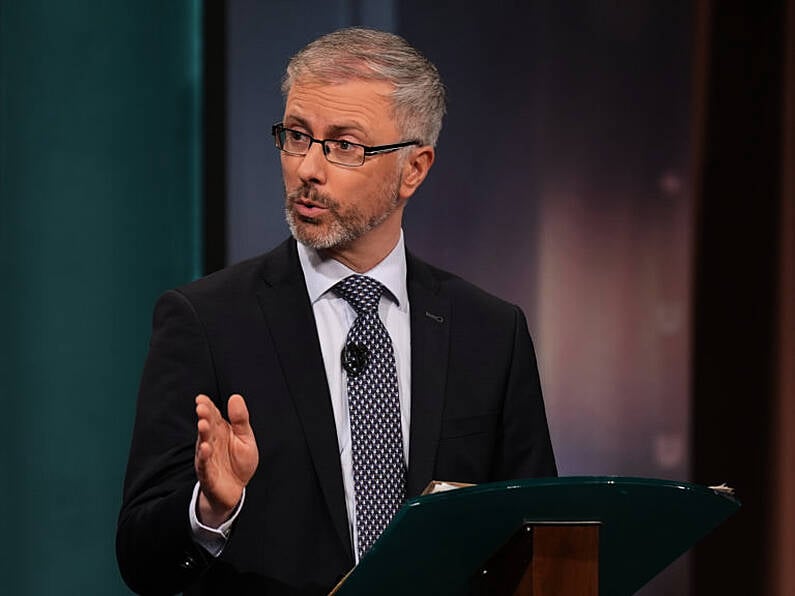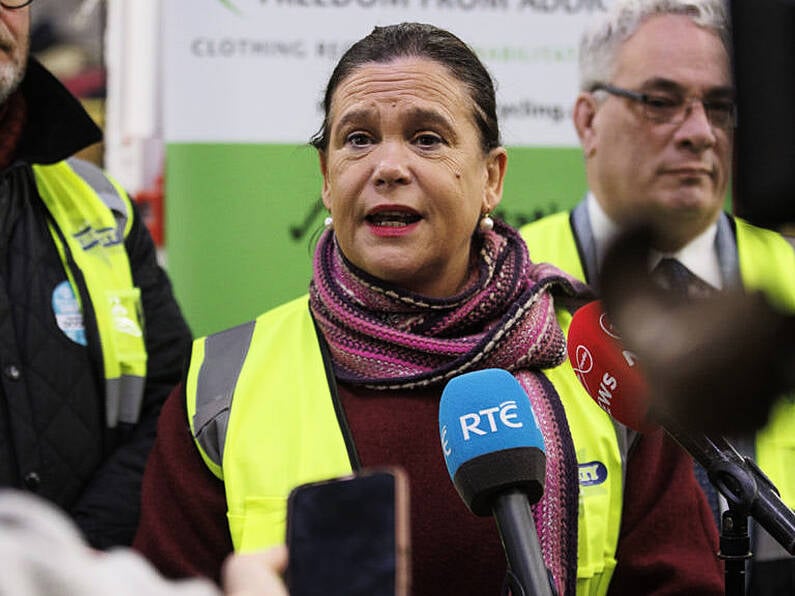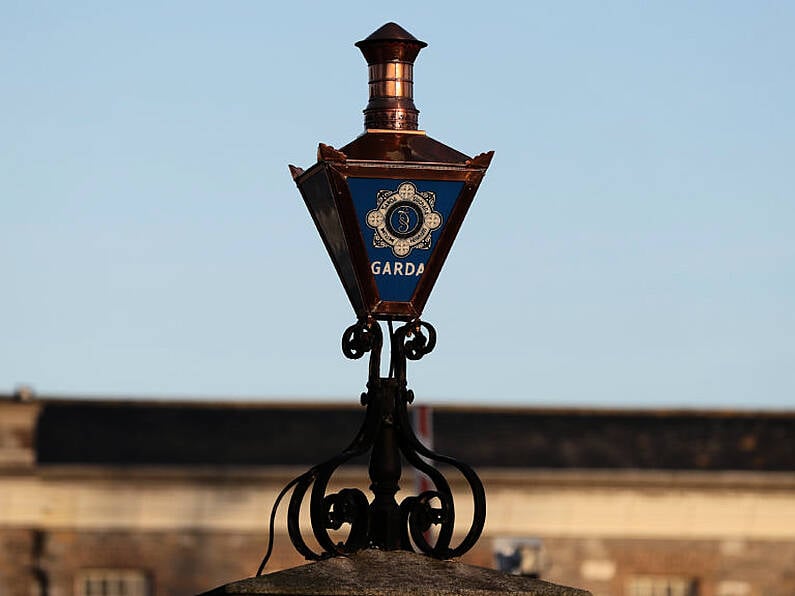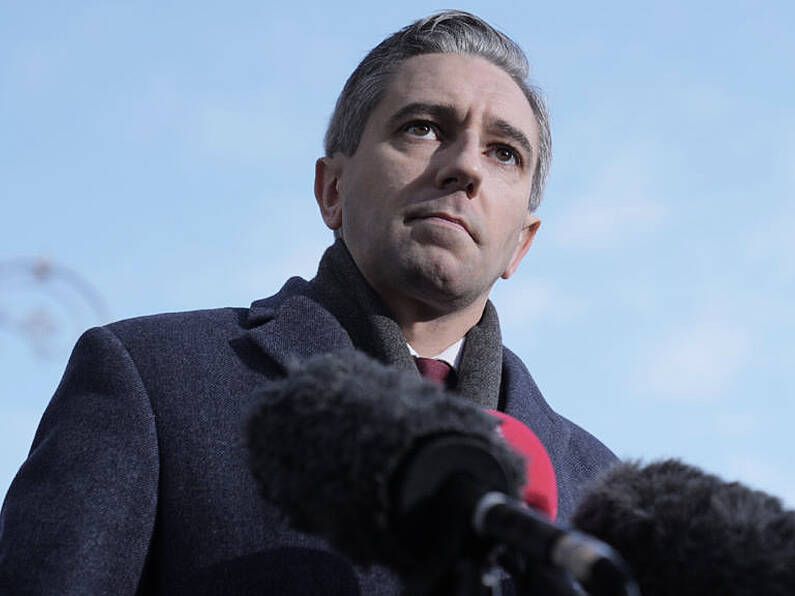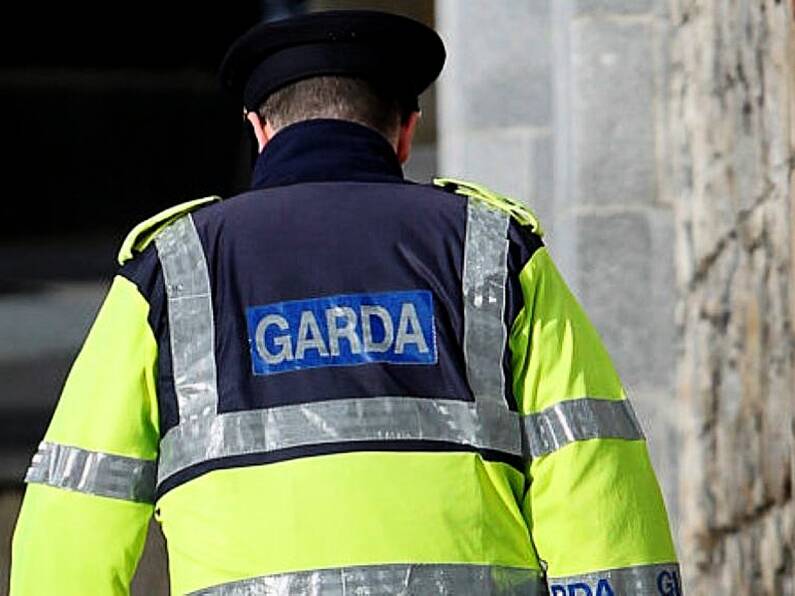Kenneth Fox
A clear majority of Irish voters support the retention of Ireland’s current model of neutrality, the latest Irish Times/Ipsos opinion poll has found.
However, voters also want to see the State “significantly increase its military capacity” to defend airspace and territorial waters.
Asked if they support the State’s current model of military neutrality or if they would like to see it change, 61 per cent of voters said they favoured the current model, while just more than a quarter (26 per cent) said they would like to see it change.
A total of 13 per cent of respondents expressed no opinion.
Among voters who favour a change in the policy of neutrality, there is majority support for joining Nato and closer EU defence co-operation.
Among these voters 71 per cent are in favour of joining a closer EU defence co-operation, while 56 per cent support joining Nato.
Though the poll findings represent a decline in support for neutrality of five points since last year, strong support remains for the status quo as the Government prepares to hold a series of public discussions about the future of Ireland’s neutrality and defence policy in general, which begin next week
However, there is also strong support (55 per cent) for “significantly increasing Ireland’s military capacity” to defend airspace and territorial waters.
But a majority of voters who expressed an opinion are also in favour of seeking help from other countries for our defence needs.
Asked if Ireland should seek help from other countries to protect our undersea internet cables – a mounting concern in Europe and the United States – 48 per cent said we should seek help, with 36 per cent saying we should “use our own Defence Forces”. Three per cent said the cables do not require protection, while 13 per cent said they do not know.
Asked about the arrangement, under which the British Royal Air Force defends Irish airspace, 40 per cent said they were happy with the arrangement, 12 per cent said they were unhappy, 12 per cent said they were neither happy nor unhappy, while 33 per cent said they were unaware of it.







